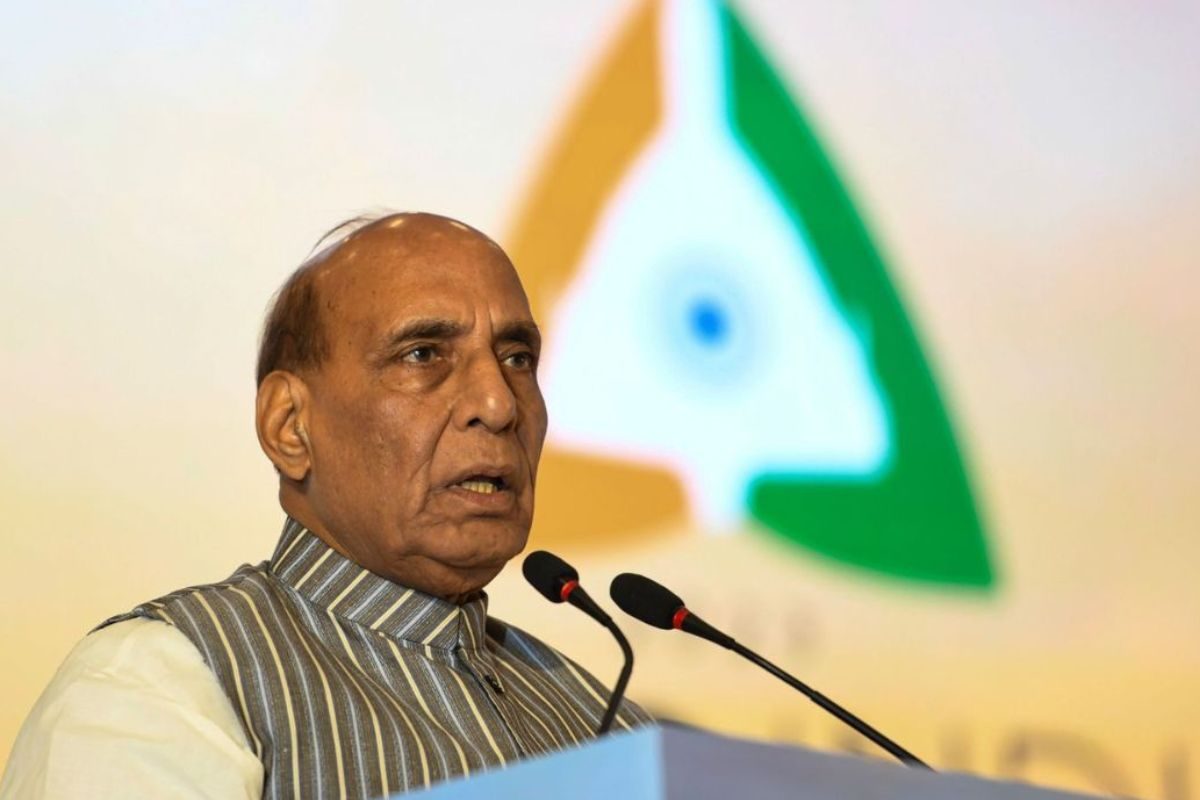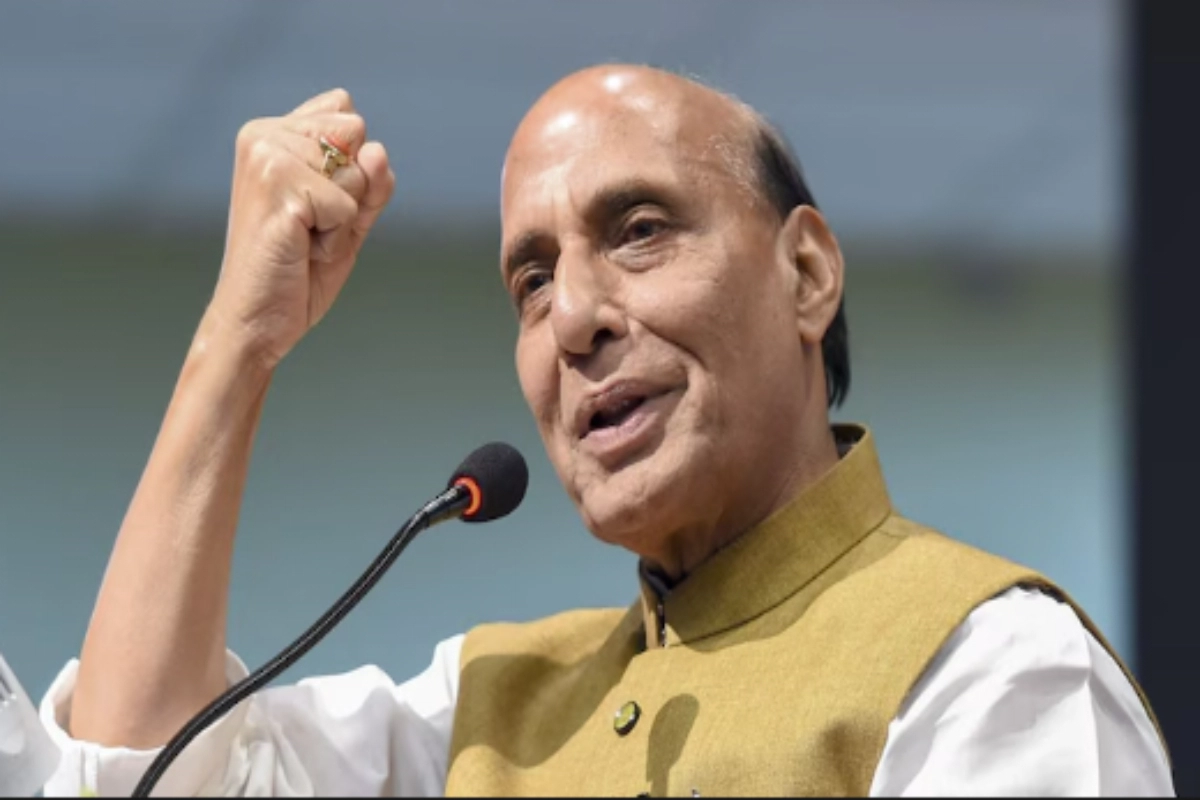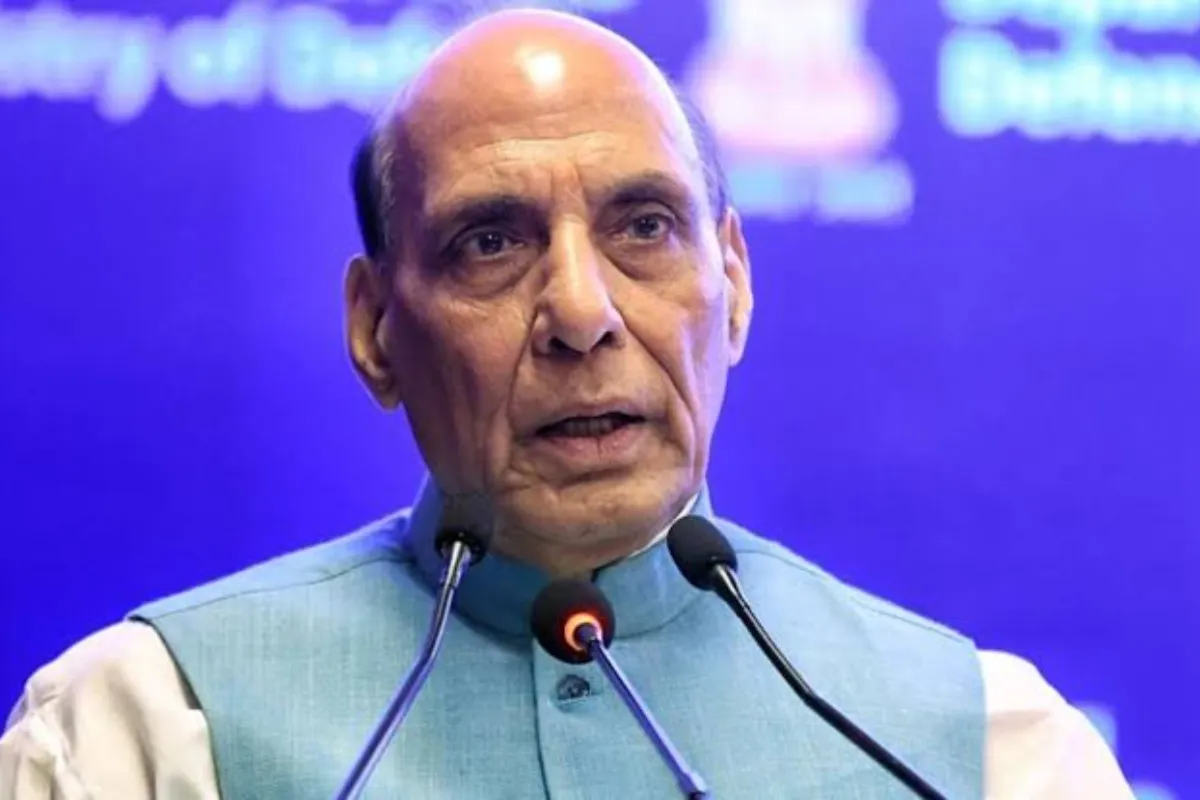On Tuesday, Germany and India discussed how to jointly build important military systems. German Defence Minister Boris Pistorius expressed particular interest in New Delhi’s ambitious intention to buy six stealth conventional submarines for about Rs 43,000 crore.
Defence Minister Rajnath Singh emphasised in his discussions with Pistorius that Germany and India could develop a “more symbiotic” defence relationship based on common objectives and complementary strengths. He also invited German investments in defence corridors in Uttar Pradesh and Tamil Nadu.
According to officials, the two defence ministers also discussed regional security issues, notably China’s increasing aggressiveness in the Indo-Pacific and other regions.
On Monday, Pistorius began a four-day visit to India by arriving in Delhi. The German defence minister is making the first visit to India since 2015.
According to the defence ministry, in addition to strengthening supply networks, the Indian defence industry might engage in the supply chains of the German military industry and provide value to the ecosystem.
It has been reported that the talks touched on the Russian invasion of Ukraine and its effects on the rest of the world.
The officials said India’s plan to procure six stealth conventional submarines at a cost of around Rs 43,000 crore figured in the talks and Pistorius showed Germany’s interest in the project.
ThyssenKrupp Marine Systems (TKMS), a company based in Germany, is one of the bidders for the contract.
The massive project to domestically construct six conventional submarines for the Indian Navy was approved by the military government in June 2021.
The submarines will be built using the much-discussed strategic partnership model, which enables domestic defence manufacturers to collaborate with top international defence conglomerates to create high-end military platforms and lessen reliance on imports.
Pistorius stated to Germany’s state-owned network DW that it is not in Germany’s best interest for India to continue to rely on Russian armaments before departing from Indonesia for India.
According to the defence ministry, both ministers reviewed the current activities of bilateral defence cooperation and looked into ways to improve it, particularly the partnership between the defence industry.
“The defence minister highlighted the opportunities that have opened up in the defence production sector, including the possibilities for German investments in the two defence industrial corridors in Uttar Pradesh and Tamil Nadu,” it said.
“The Indian defence industry could participate in the supply chains of the German defence industry and add value to the ecosystem, besides contributing to supply chain resilience,” it said.
According to the ministry, Singh emphasised that Germany and India could develop a more “symbiotic relationship” based on common objectives and complementary strengths, such as Germany’s advanced technologies and investment and India’s talented labour force.
Since 2011 at the level of heads of government, India and Germany have had a strategic alliance that has been strengthened through such meetings.
The Indian delegation included the Chief of Defence Staff Gen. Anil Chauhan and Defence Secretary Giridhar Aramane.
Also Read: TCS onboards 44,000 freshers in FY23, honors all job offers
Keep watching our YouTube Channel ‘DNP INDIA’. Also, please subscribe and follow us on FACEBOOK











